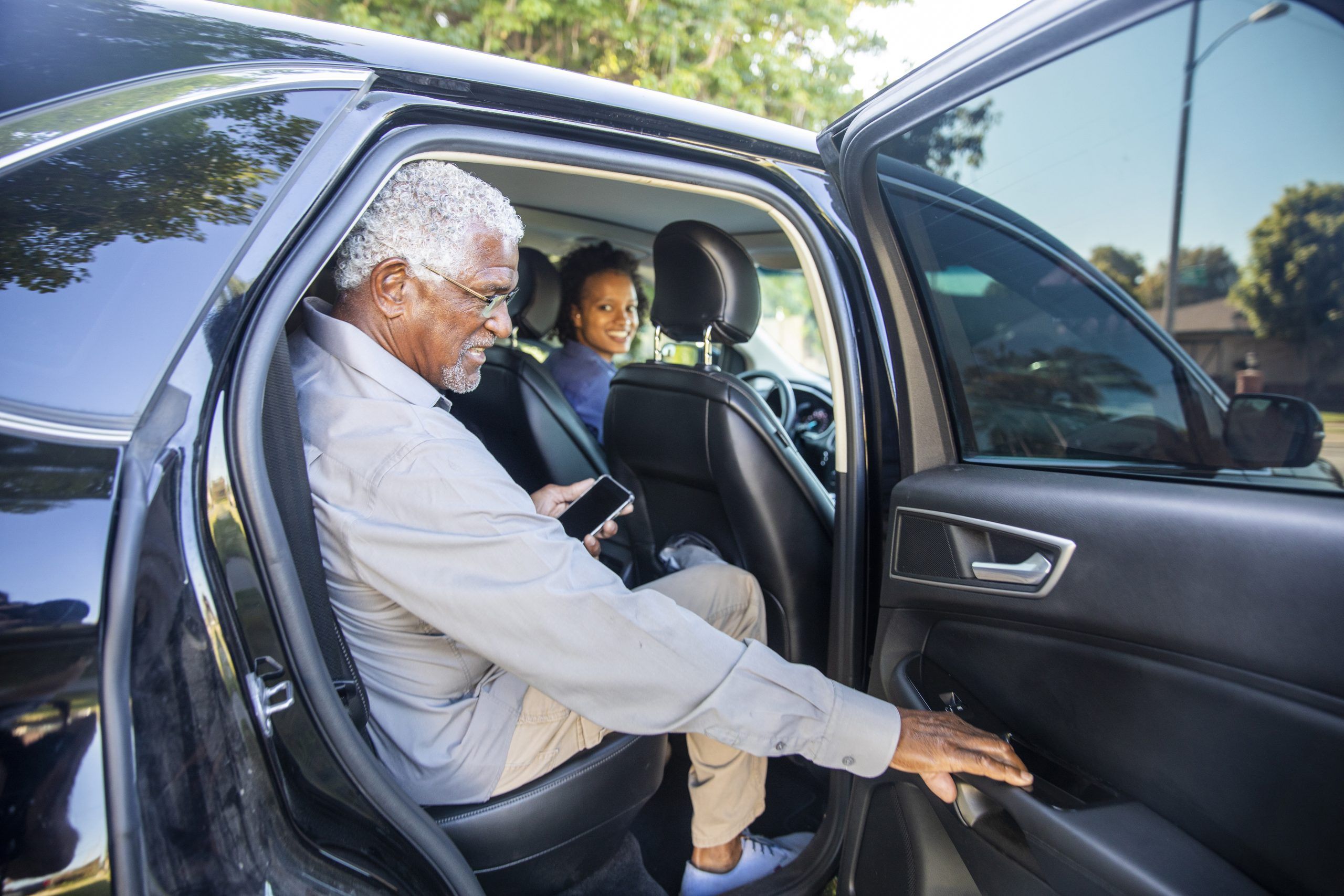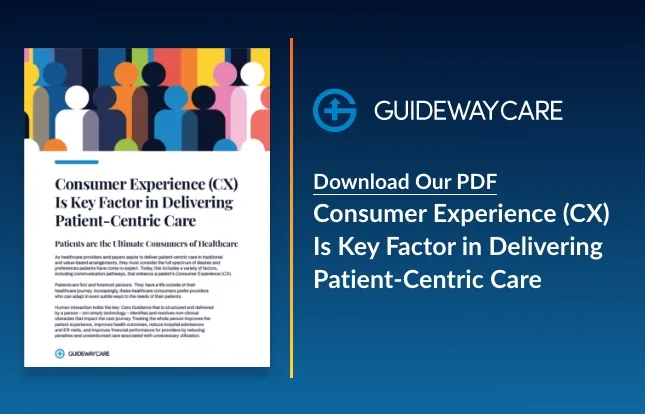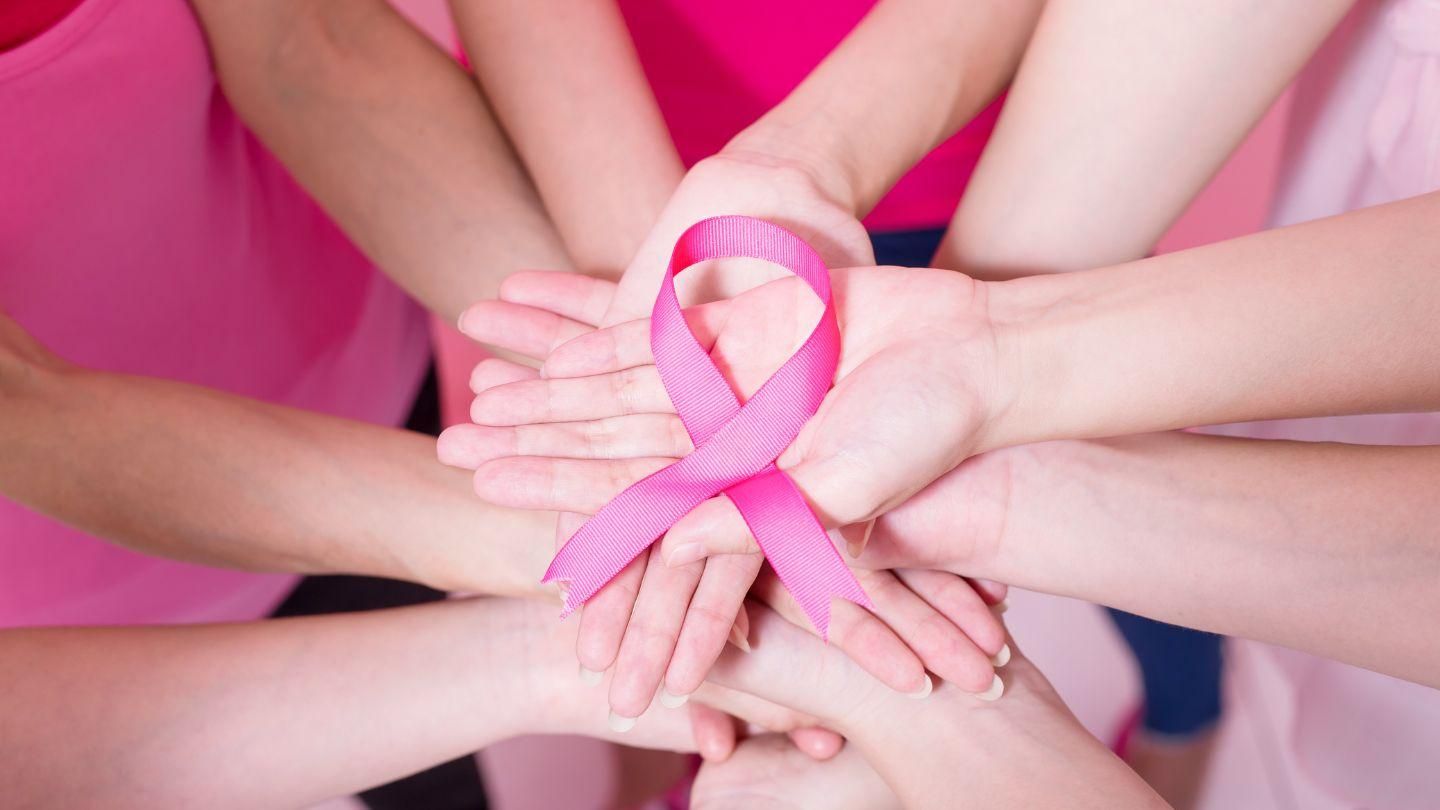Transportation Barriers Undermine Cancer Survivors’ Health

Key Points:
- An inability to find rides to and from provider visits spikes mortality and ER visits.
- Missing treatment triggers unintended consequences, fuels anxiety and complicates rescheduling.
- More meaningful solutions are needed to ensure access to timely care.
Transportation is such a critically important part of U.S. healthcare that lives hang in the balance without it. A prime example involves cancer survivors. Several studies have drawn this link, which is one of several social determinants of health (SDoH), and the numbers are alarming.
Researchers Uncovering Risks When Rides are Unavailable
Look no further than newly published research in the Journal of the National Cancer Institute suggesting a precarious outcome for adults who delay their treatment because they do not have access to a personal vehicle or public transportation for rides to and from provider visits. These individuals reportedly face more than twice the mortality risk compared to those without cancer history or transportation barriers and are nearly three times as likely to use the emergency room. It’s easy to understand why the latter finding happens given that cancer survivors are more likely to have comorbidities.
Warning that a lack of access to transportation can turn manageable conditions into emergencies, the researchers say more comprehensive or meaningful solutions to transportation barriers are needed to ensure patients receive timely care. Cancer survivors also were found to be more likely than adults without a cancer history to have encountered transportation barriers from 2000 to 2018 (2.8% vs. 1.7%, respectively).
Young, Uninsured and Poor Patients Affected Most
Another study published in JAMA Oncology also advances the premise that cancer survivors are disproportionately affected when they face transportation barriers. This was particularly the case for those who are young, uninsured or lived below the poverty line from 2014 to 2018. Cancer survivors were found to be about twice as likely to report care delays from transportation barriers within a year’s time than adults without the condition (3.1% vs. 1.8%, respectively).
Government assistance goes only so far. While every state has its own transportation program for Medicaid recipients, some such as Arizona are severely underfunded. Others like Ride United, which was established in 2018 to support the United Way and 211 services, recently suspended operations – though officials are hopeful to restart rides soon. There also are cancer grants nationwide, but they are typically reserved for long-distance travelers, open sporadically and close just as quickly.
Without Reliable Transportation, a Domino Effect Takes Hold
The absence of transportation is a common barrier to healthcare access, but the need for affordable and reliable services to fill this void cannot be overstated. Missed appointments trigger a Domino Effect of unintended consequences – from an inability to refill medications, increased stress and anxiety to hospitals and physician practices refusing to schedule patients who are red-flagged as no shows.
Cancer patients who are unable to travel to and from their appointments run the risk of going without chemotherapy or radiation treatments. The result is an overall decline in health – an unacceptable outcome that can be eradicated if this issue was a higher priority.
Helping hands, however, can be found in the form of care guidance. “When cancer survivors are unable to keep appointments for receiving critical treatments, Guideway’s care guides can play an integral role in helping to arrange timely options for transportation,” says Dr. Edward Partridge, chief medical officer, Guideway Care, Director Emeritus and Professor Emeritus, UAB Comprehensive Cancer Center and former President of the National Board of the American Cancer Society as well as Chairman of the Commission on Cancer for the American College of Surgeons. “Our team recognizes that lack of transport is a key SDoH that poses significant non-clinical barriers to often lifesaving care — as well as diagnostic testing and screening. It’s the personal, human touch and relentless dedication to finding solutions that distinguishes our care guides.”
Guiding the Future of Equitable Healthcare
Guideway Care provides care guidance in a solution as a service model, employing highly trained “Care Guides” that operate within a scalable, technology-enabled platform. Care Guides proactively engage with patients and their families and conducted assessments to uncover and resolve practical issues stemming from SDoH that may evolve into non-clinical barriers to their continuation of care. By following protocoled workflows and escalation paths, care guides also ensure that relevant clinical issues are immediately directed to the right member of the clinical team before becoming problematic, challenging and costly to treat.
Care guidance is an innovative solution that maximizes efficiency, lowers total cost of care and raises quality metrics in value-based care arrangements. As a result, hospitals and their clinical staff receive needed support to deliver quality, equitable care, generate the best possible outcomes for patients and optimize financial and operational performance.
Contact us for insight into how Guideway Care, as your partner, can implement an efficient and effective care guide solution to support your clinical team and deliver on the promise of health equity based on the needs of the patient populations in your community.
Contact Us Today To Learn How We Can Help
"*" indicates required fields




